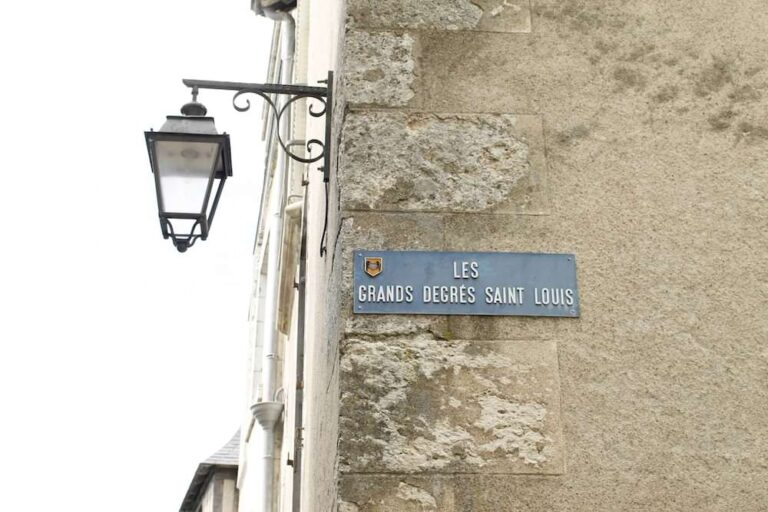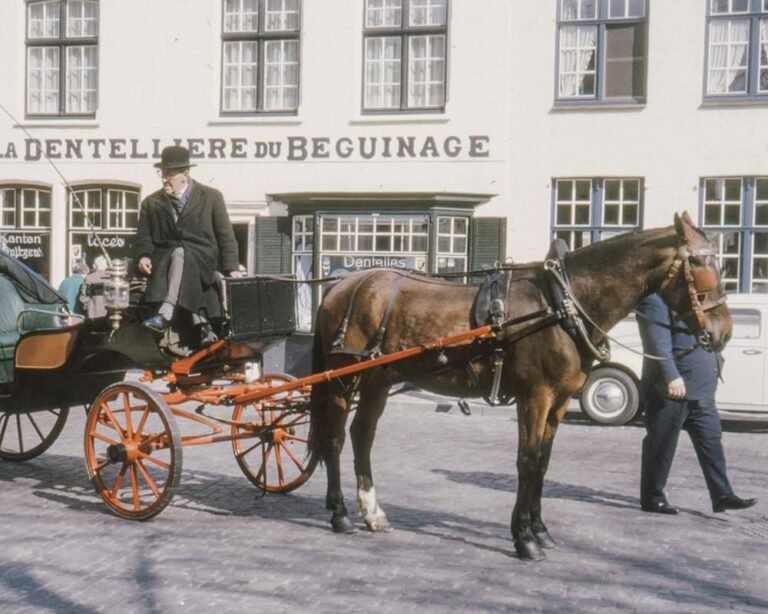il vaut mieux que
“Il vaut mieux que” means “It is better that.” It is derived from the phrase “il vaut mieux,” meaning “it is better.”
The phrase it is derived from, “il vaut mieux,” is used in a general way to say that “it is better that something be done.” But “il vaut mieux” does not specify who should do something. It just expressed a general need.
“Il vaut mieux que,” on the other hand, is used to introduce a subordinate clause, which will specify who should take the relevant action. It is often followed by a verb in the subjunctive mood.
Examples
- “il vaut mieux qu’elle fasse un gâteau la veille” (it’s better that she bakes a cake the day before.)
- “il vaut mieux que nous recyclions nos déchets.” (it is better that we recycle our waste.)
- “il vaut mieux qu’il y aille tôt.” (it’s better that he goes there early.)






